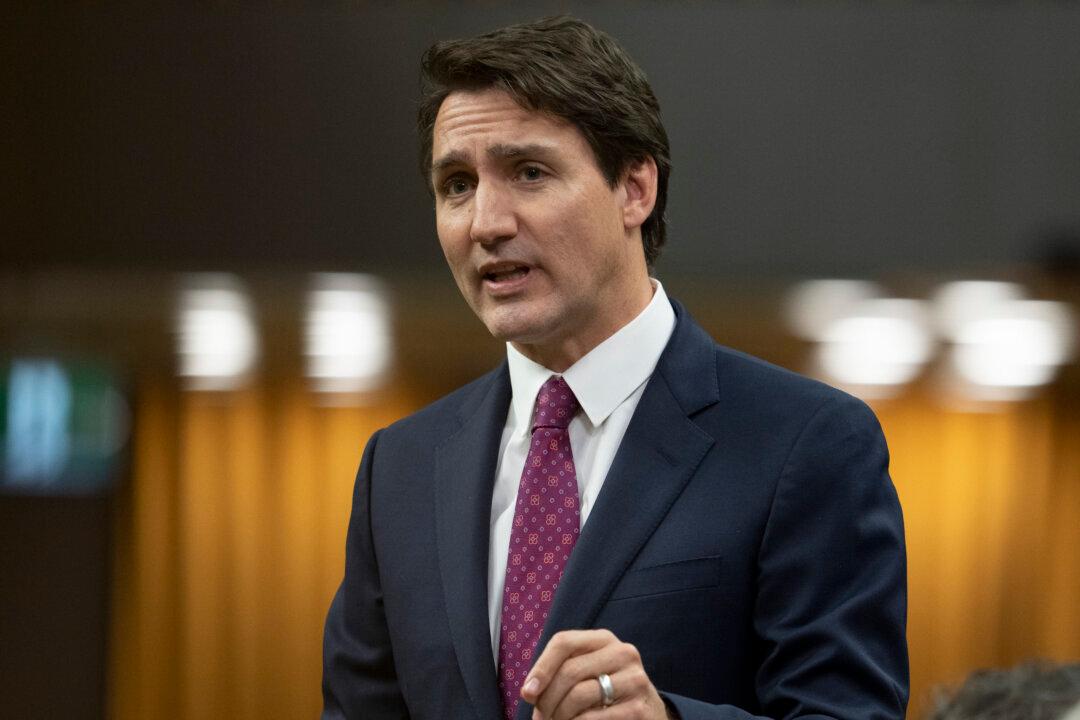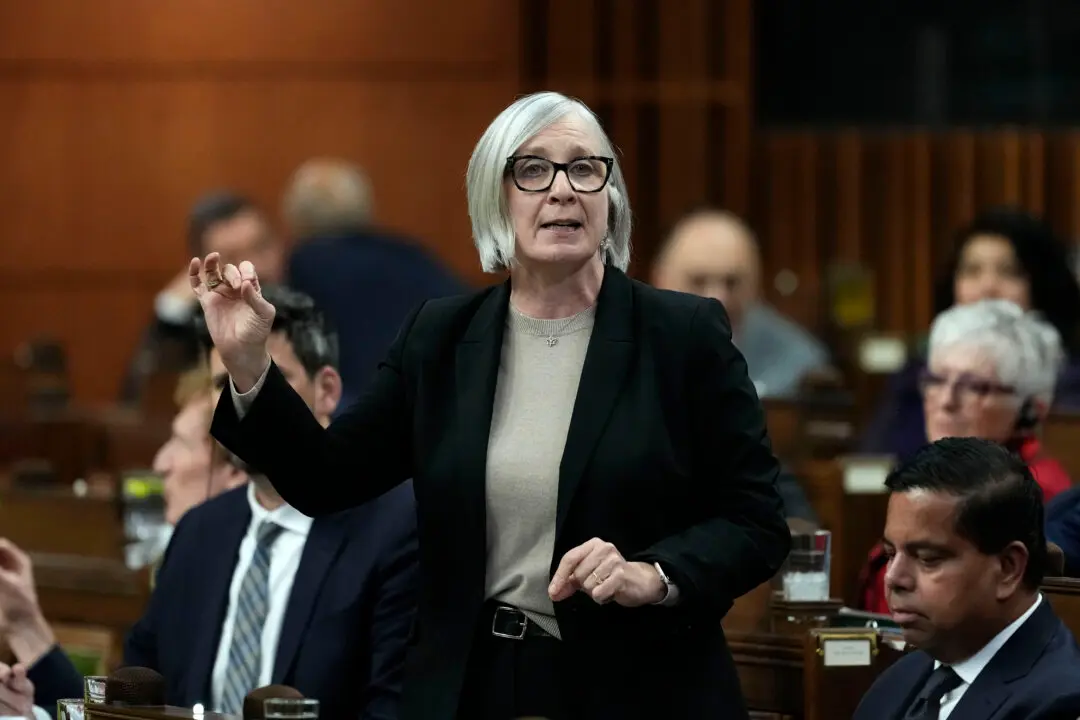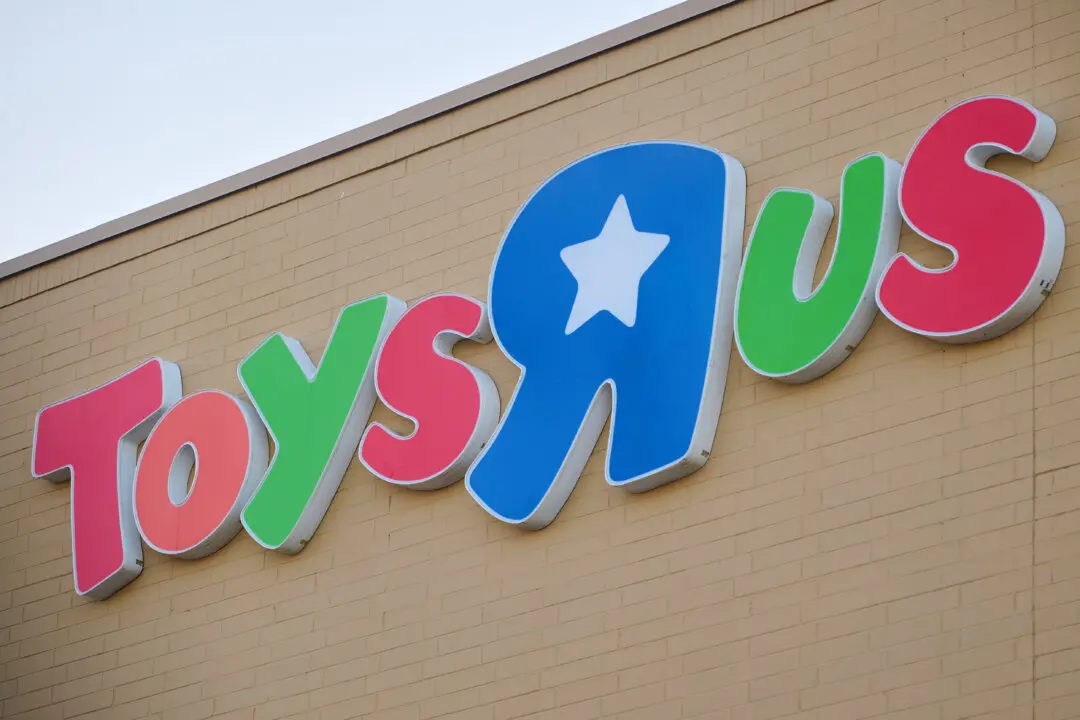A British Columbia company that received federal approval to produce and sell cocaine has revised its original statement that outlined plans to commercialize the controlled substance.
Adastra Labs issued a clarification Friday that said the Langley, B.C., company is “not currently undertaking any activities with cocaine,” and its amended Controlled Drug and Substances Dealer’s Licence does not permit the firm to sell cocaine to the general public.





